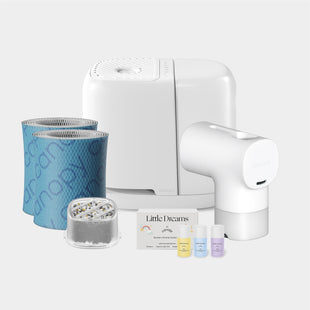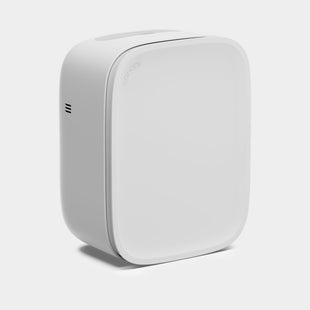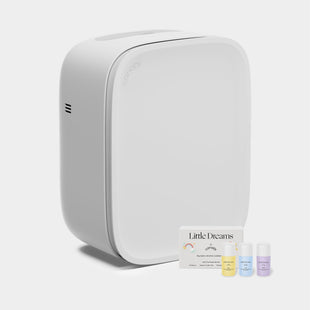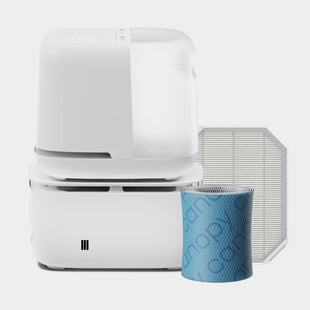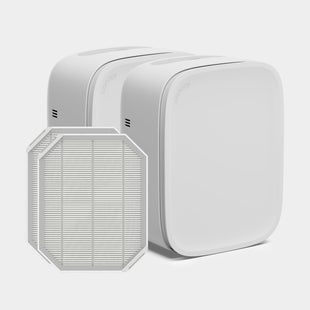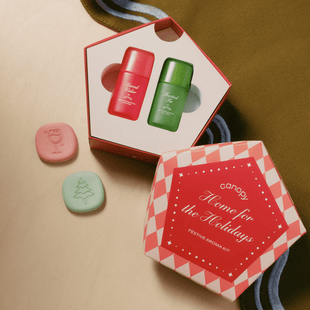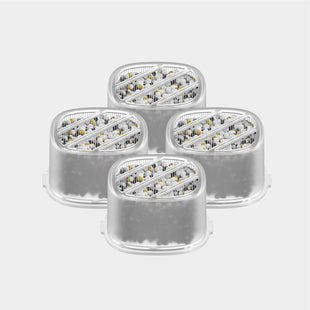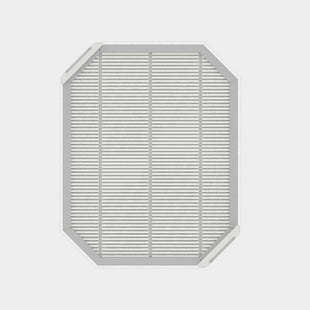If you have seasonal allergies—also known as hay fever—you may be familiar with the sniffling, sneezing, and other symptoms that allergens can cause.
Most adults typically know when their symptoms are related to their allergies and have strategies for managing them. The effects of pollen, dust, mold spores, and other contaminants in the air aren’t always as clear-cut in babies and toddlers, though. Many parents struggle to determine whether their little one has a cold or allergies—and, more importantly, how to relieve the symptoms.
While parents should always discuss concerns with their child’s pediatrician, knowing how to identify the signs of allergies and what to do about them can help prevent sleepless nights and stuffy noses.
Can Babies Have Allergies?
Most seasonal allergies come from long-term exposure to tree, grass, and weed pollen. Inhaling the pollen can trigger an immune response, spurring the body to create histamines to fight against the allergens. These histamines cause most allergy symptoms.
Most infants don’t spend a significant amount of time outdoors and therefore don’t breathe in enough allergens to warrant an immune response. As a result, it’s rare for babies to develop seasonal allergies in their first year. Most children who develop seasonal allergies (an estimated 10-20% of all kids) show the first signs between the ages of 2 and 3.
The Most Common Allergy Symptoms in Babies and Children

Signs of allergies in babies and young children aren’t much different than those in adults. High pollen counts can cause a range of discomforts including:
- An itchy, runny, or stuffy nose
- Sneezing
- A dry, hacking cough or a cough that produces clear mucus
- Itchy or watery eyes
- Itchy throat or roof of the mouth
- Dark circles under the eyes
- Fatigue or irritability
- Headache
- Itchy ear canals
- Trouble sleeping
- Wheezing or trouble breathing
A child with allergies may have multiple symptoms or just one or two, depending on their immune response.
Is It a Cold or Allergies?
Because children don’t usually develop seasonal allergies until they are older, many parents have trouble determining if their little one’s symptoms indicate a cold or other illness. One sign of seasonal allergies in babies and children is a pattern of symptoms every year. In other words, if it seems like your child has the same ailments at the same time every year, it’s likely they have allergies.
Other indications that your child’s symptoms are allergies and not a cold include:
- Watery and clear nasal discharge or cough mucus
- No fever
- Itchy, red, and watery eyes
- Dry cough
- A family history of seasonal allergies
- Symptoms that last for several weeks without any improvement
On the other hand, if symptoms improve after a few days, or if you know there’s a virus going around, it’s more likely that your child has a cold.
Treating Seasonal Allergies in Children
While an adult might take a decongestant or allergy medication to alleviate allergy symptoms, medications aren’t always an option for babies and toddlers. That doesn’t mean you have to sit by while they are uncomfortable. Fortunately, there are a few simple ways parents can provide relief.
Using a Humidifier
Adding moisture to the air helps keep nasal passages clear, reducing congestion. Moisture can minimize inflammation in your child’s nose and throat, relieving itchiness and coughing. The Canopy Nursery Humidifier filters contaminants from the water to ensure clean moisture without mist. Plus, our sensor technology will turn off the device when water runs out, preventing mold from forming inside the humidifier and contaminating the air.
Reducing Exposure to Allergens
Keep the windows closed when pollen counts are high, change clothes after playing outdoors, and bathe daily. Running an air purifier can also help control indoor allergens, like dust and pet dander, but even keeping your home at the right humidity level will prevent these allergens from becoming airborne and causing symptoms.
Talking to Your Pediatrician
Your child’s doctor may recommend over-the-counter medicines or nasal sprays to help relieve allergy symptoms. Older children may get allergy shots to prevent reactions.
Making some simple changes can help reduce allergy symptoms for the whole family. Check out Canopy’s clean humidifiers to give your family the purest air possible so they can breathe easy during every season.









